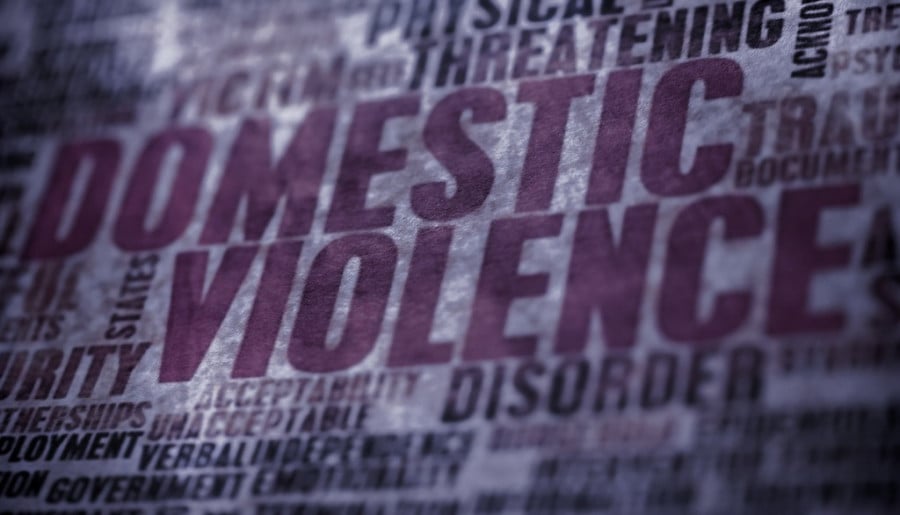The Moral And Legal Obligations On Sports Employers To Support Victims Of Domestic Abuse

The now famous awareness campaign “No one wants England to win more than women” was based on some shocking statistics taken from research conducted by the University of Lancaster, which reported that rates of domestic abuse increase by 38% when the English national team lose at football.[1] The research, conducted in 2003, found that the number of domestic abuse cases reported to the Lancaster police force during the 2002, 2006 and 2010 World Cups rose by 38% on the days when England lost, and 26% when the team won or drew a match.
Whilst it might be tempting to think that domestic abuse is a football problem, other sports should not be complacent, as clubs and governing bodies have a role to play in this societal problem which affects millions of people and which has hugely escalated during the coronavirus pandemic[2].
This article examines:
- Examples of domestic abuse cases in sport
- The legal framework in England & Wales
- Domestic Abuse Act 2021
- Employment laws
- How sports organisations are tackling the problem:
- National Football League
- Australian Football League
- FIFA
- How to develop a domestic abuse strategy
- How to support victims of abuse
- How to manage alleged perpetrators
To continue reading or watching login or register here
Already a member? Sign in
Get access to all of the expert analysis and commentary at LawInSport including articles, webinars, conference videos and podcast transcripts. Find out more here.
- Tags: Athlete Rights | Athlete Welfare | Boxing | Collective Bargaining Agreement | Domestic Abuse | Domestic Abuse Act 2010 | Domestic Abuse Protection Order (DAPO) | Employment Law | Equality Act 2010 | FIFA | MLB | NFL | NHL | Personal Conduct Policy | Regulation | Safeguarding | Serious Crimes Act 2015 | UK Government
Related Articles
- Ray Rice, domestic violence and the NFL’s Personal Conduct Policy
- How effective is Major League Baseball’s new Domestic Violence Policy?
- Social issues & the extent of the NFL Commissioner’s powers: A review of Ezekiel Elliott case
- The global development of women’s football – a review of the strategies being implemented by FIFA, UEFA and in Italy
- Analysis of FIFA’s 2021 Regulatory Changes – Female Players, Coaches, Brexit And More
Written by
Maria Strauss
Maria Strauss is a Partner at Farrer & Co. Maria advises schools, faith-based organisations, charities and sports clubs on employment law and safeguarding, dealing with everything from steering clients through major crises or representing their interests in public inquiries, to handling one off cases and day to day advice.
Tabitha Juster
Tabitha is an Associate at Farrer & Co. She specialises in all aspects of employment law and represents organisations and senior individuals in both contentious and non-contentious matters.





